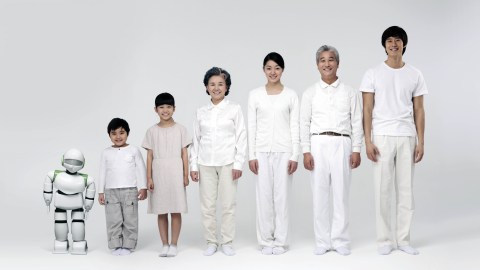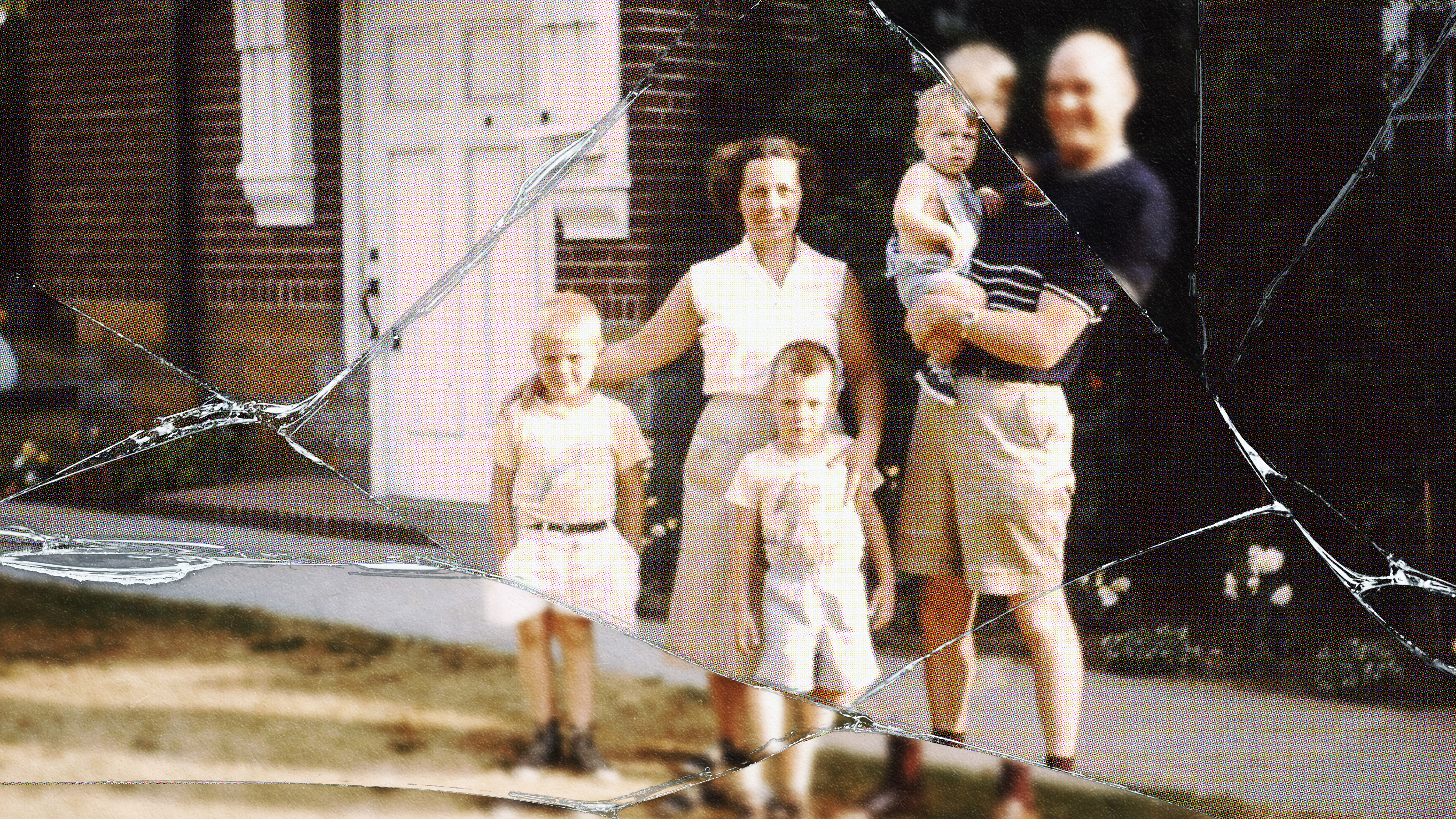What Will the World Look Like Without the Traditional Nuclear Family?

Robots and computers will not just eliminate our jobs; they will also dissolve important aspects of the family and our pair-bonded partnerships. After all, one of the reasons why families stay close is because they are functionally like “military platoons,” struggling to survive in hostile environments with limited resources. Nineteenth century theories, like Friedrich Engels’, suggested that nuclear families were a product of industrialization, but more recent anthropology reverses this order — suggesting instead that industrialization was so successful in Europe because nuclear families facilitated it.
Anthropologists Timothy Earle and Allen W. Johnson studied hundreds of human societies, in their Evolution of Human Societies, and discovered that the nuclear family is the default form of human organization, because it allows for maximally flexible management of resources, limited demands on those resources, and trustworthy social ties. Some suggest that the nuclear family is the original human institution — arguably it’s not an institution at all, but a biological individual, distributed through space and time. But if the traditional niche of limited resource competition is transformed by technology, then the family changes too.
Children will still need to be apprenticed, and socialized, and family members will still love each other, so some features of the family will continue. But wherever members cannot get along, they need not stay locked in the historical nuclear unit of needful reciprocity. Even positive nepotism, like family businesses, which forge strong, albeit difficult, bonds will not exist in a post labor system. When you don’t need each other to survive, then you don’t endure each other as well either. It would be interesting to do a social science study on very wealthy families to determine the relative strength of their family bonds. It’s an empirical question, really, but I’ll wager money that the bonds between the wealthy are weaker than those between the underprivileged.
All of this is already happening, of course. More than half of every marriage ends in divorce, and families are now composed and recomposed in impermanent patterns. When women were no longer financially dependent on men, they did not stay in unsatisfactory partnerships.
Of course, maybe this is all for the good. Removing the codependency of families, vis a vis government-supplied basic resources, frees people up to find and compose their own “families” (fictive kin). So too, in the realm of romance, we will have less pragmatic justification for pair-bonds, and people will choose to be with each other for disinterested reasons. I confess that I’m suspicious of the strength of such disinterested bonds, but a great many people will welcome the new machine era of no-strings-attached love.
All of this is already happening, of course. More than half of every marriage ends in divorce, and families are now composed and recomposed in impermanent patterns. When women were no longer financially dependent on men, they did not stay in unsatisfactory partnerships. Presumably this pattern will extrapolate out to other relationships once we’re all unemployed.
Sexuality will prosper in the second machine age. Nothing kills a libido like a 10-hour workday. Now imagine the sexual possibilities of a post-rat-race world. Talk about actualizing your potential! Starting with widely available birth control in the 20th century, sexuality disconnected from procreation. One suspects that it will continue its trajectory of connoisseur-level exploration in the second machine age. Once robots take our jobs, we will all become free to pursue our Tantric aspirations for all-day coitus.
Of course, one of the great aphrodisiacs in the genetic intrigue of sexual selection is wealth and power. Just as female pea-hens have been drawn to preening peacocks, so too human women have been drawn to wealthy tycoons. But presumably all that will diminish when entrepreneurial innovation and management-class wealth is reduced. Thankfully, humans also find creative talent very attractive in a mate, and that resource will be in much greater abundance when we’re all unemployed.
—
Stephen T. Asma is Professor of Philosophy at Columbia College Chicago, where he is also Senior Fellow of the Research Group in Mind, Science and Culture. He is the author of ten books, including The Evolution of Mind and Against Fairness and writes regularly for The New York Times, the Chronicle of Higher Education, and Skeptic magazine. Asma is also a blues/jazz musician who has played onstage with many musical artists, including Bo Diddley and Buddy Guy. His website is www.stephenasma.com
Image courtesy of Getty





